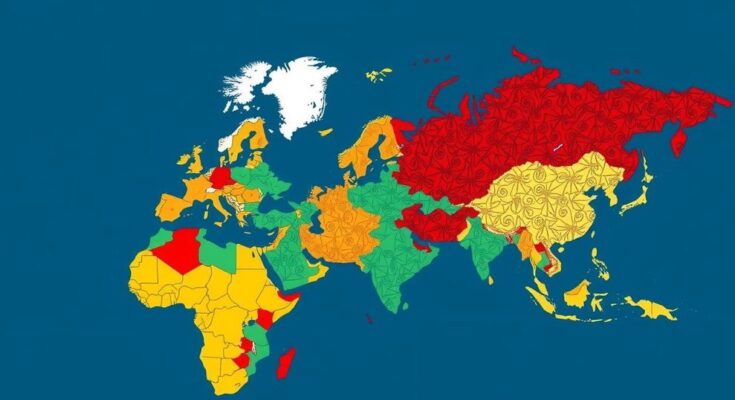Delegates from developing countries walked out of COP29 negotiations, rejecting a funding proposal for climate change aid. Although the draft promised $250 billion annually by 2035, it was deemed inadequate compared to the over $1 trillion required as per expert assessments. Sierra Leone’s environment minister criticized the lack of attention given to poorer nations.
At the recent COP29 climate summit, delegates from developing countries expressed their discontent by staging a walk-out during negotiations over a rejected draft deal. This proposed agreement aimed to allocate substantial funds to assist the least developed nations in combating climate change. Although the deal pledged to provide $250 billion annually by 2035, it fell significantly short of the $1 trillion that experts have deemed necessary for meaningful action. Sierra Leone’s environment minister articulated feelings of neglect, highlighting that poorer nations are not receiving the attention they deserve in the discourse surrounding climate change funding.
The backdrop of the walk-out at COP29 centers on the longstanding challenge of climate financing for vulnerable nations. Developing countries have consistently sought greater financial support from wealthier nations to deal with the adverse effects of climate change, which disproportionately impact them. The historical goal established fifteen years ago of $100 billion was already perceived as inadequate; hence, the new proposal’s increase to $250 billion was still questioned by many, as experts recommend an annual funding amount exceeding $1 trillion.
In summary, the COP29 summit witnessed significant unrest among delegates from developing countries who found the proposed climate funding insufficient. Their walk-out emphasized the urgent need for more substantial financial commitments to adequately address the challenges posed by climate change. The failure to meet the financial needs of these vulnerable states raises serious concerns about the global community’s resolve to tackle climate issues effectively.
Original Source: www.independent.co.uk




